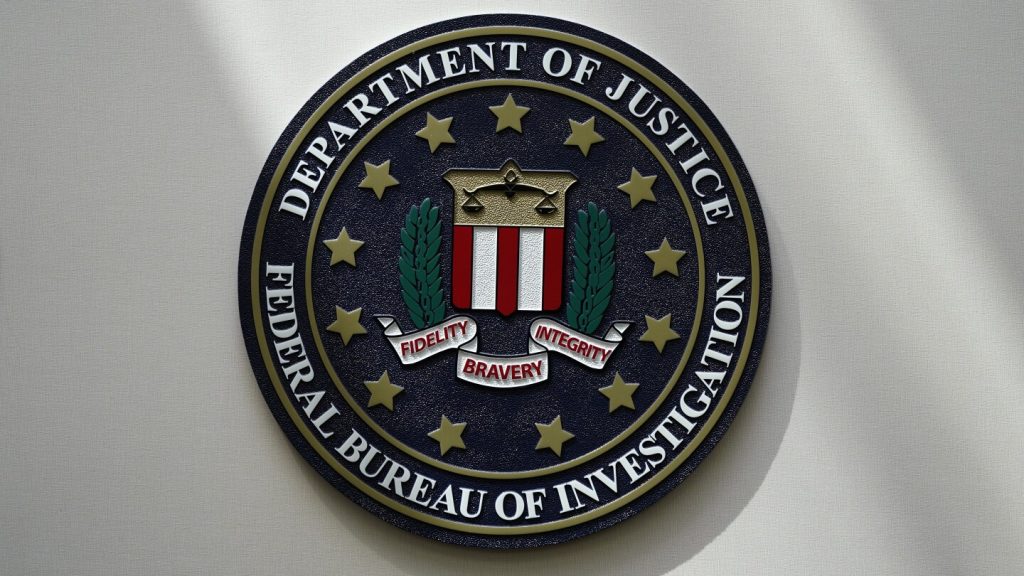Lawmakers in the House are preparing to vote on a bill to reauthorize the Section 702 surveillance program, which is set to expire on April 19. This program allows the U.S. government to collect communications of non-Americans outside the country without a warrant for the purpose of gathering foreign intelligence. Officials argue that this program is crucial in preventing terror attacks, cyber intrusions, and foreign espionage. The bill is said to include guardrails to protect privacy while maintaining the effectiveness of the program.
Despite the importance of the surveillance program, there has been significant pushback from both Democrats and Republicans. Lawmakers are concerned about the FBI’s access to information about Americans through the program, as it also collects communications of Americans when they are in contact with targeted foreigners. Recent revelations of abuses and mistakes by FBI analysts, including improper queries on members of Congress and participants in various events, have fueled the demand for improved privacy protections.
The bill up for consideration on Tuesday includes provisions such as requiring approval from an FBI lawyer for database searches involving Americans inside the U.S., mandatory auditing of all searches, and restrictions on searches solely for criminal activity rather than foreign intelligence purposes. However, there may be an amendment introduced that would require a warrant to review the results of queries on an American, which the administration opposes. The debate surrounding these provisions reflects the balance between national security needs and privacy concerns.
Senior administration officials have emphasized the importance of reauthorizing Section 702, citing its role in providing intelligence for specific operations, such as the killing of al-Qaida leader Ayman al-Zawahri. However, critics argue that the program needs stronger privacy protections to prevent abuses and violations of civil liberties. The bill’s passage remains uncertain due to the differing opinions within Congress, with Democrats and Republicans each proposing their own bills to address the issues raised by the surveillance program.
Lawmakers are facing a complex decision as they weigh the national security benefits of Section 702 against the privacy concerns it raises. The need to gather foreign intelligence to prevent potential threats must be balanced with safeguards to ensure that the rights of Americans are protected. The outcome of the vote on the bill will have significant implications for the future of the surveillance program and the broader debate on civil liberties and national security in the United States. The bipartisan nature of the pushback against the program underscores the challenge of finding a consensus on how to address these critical issues.


